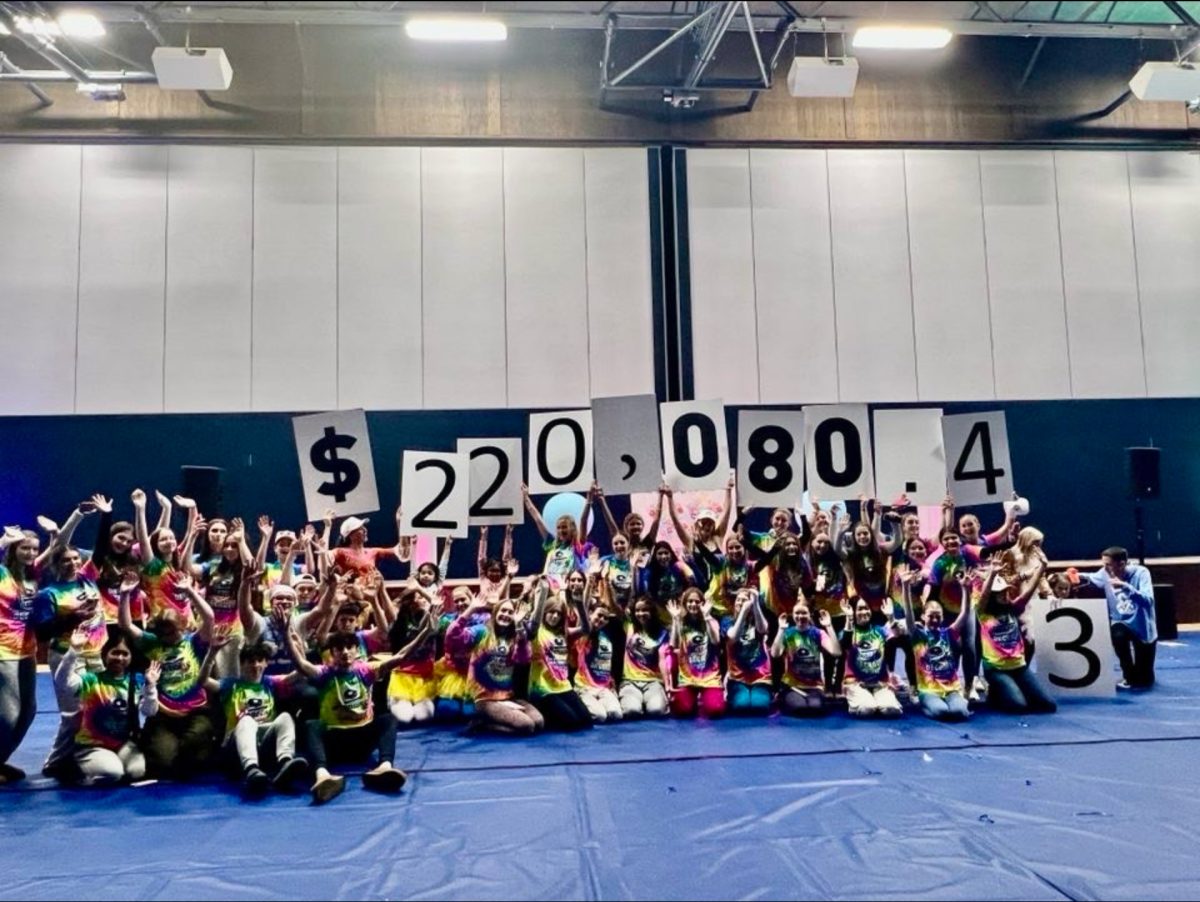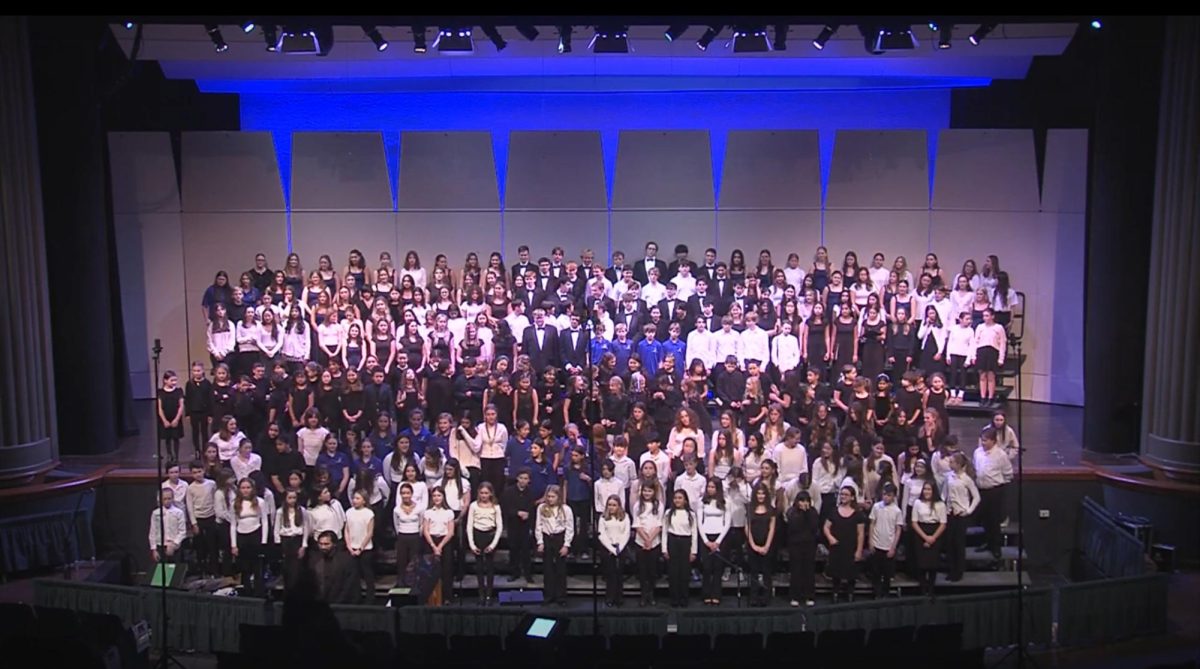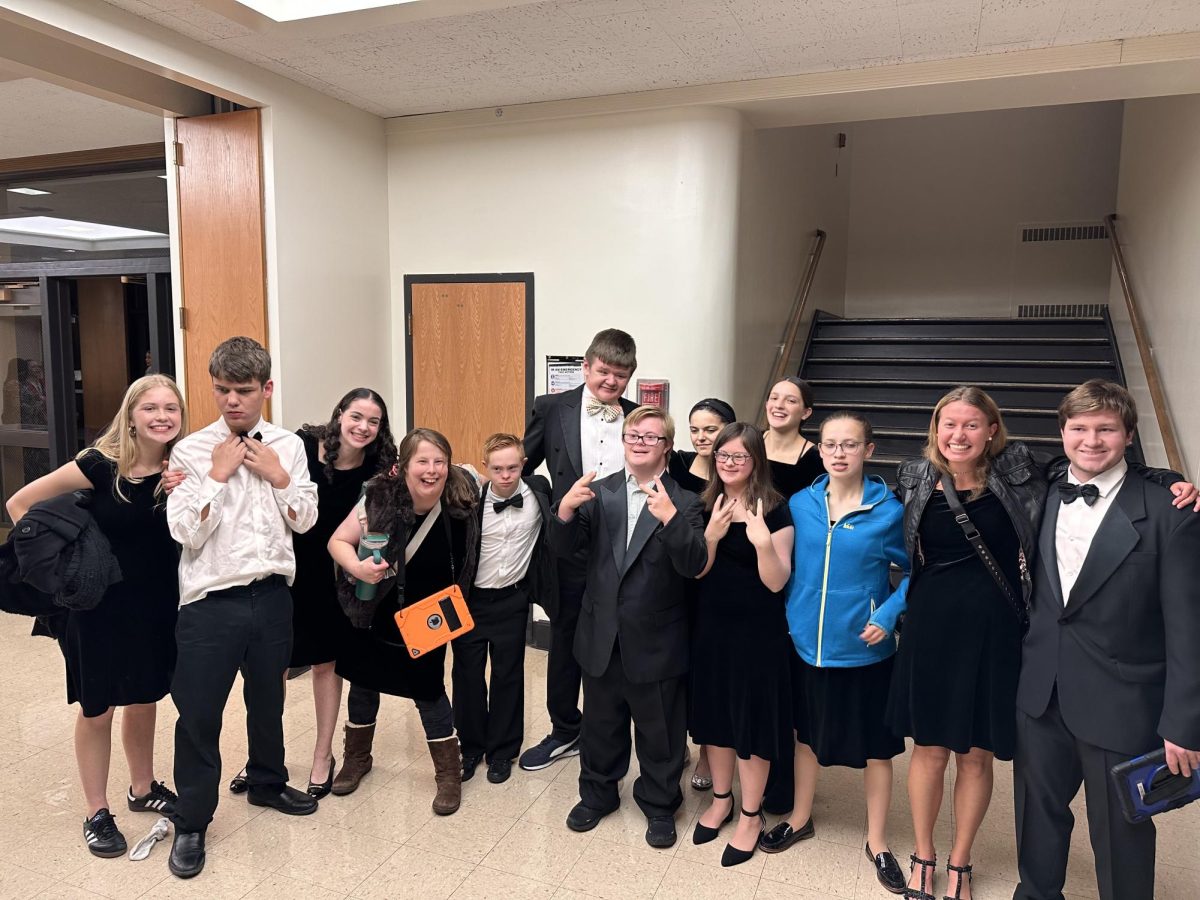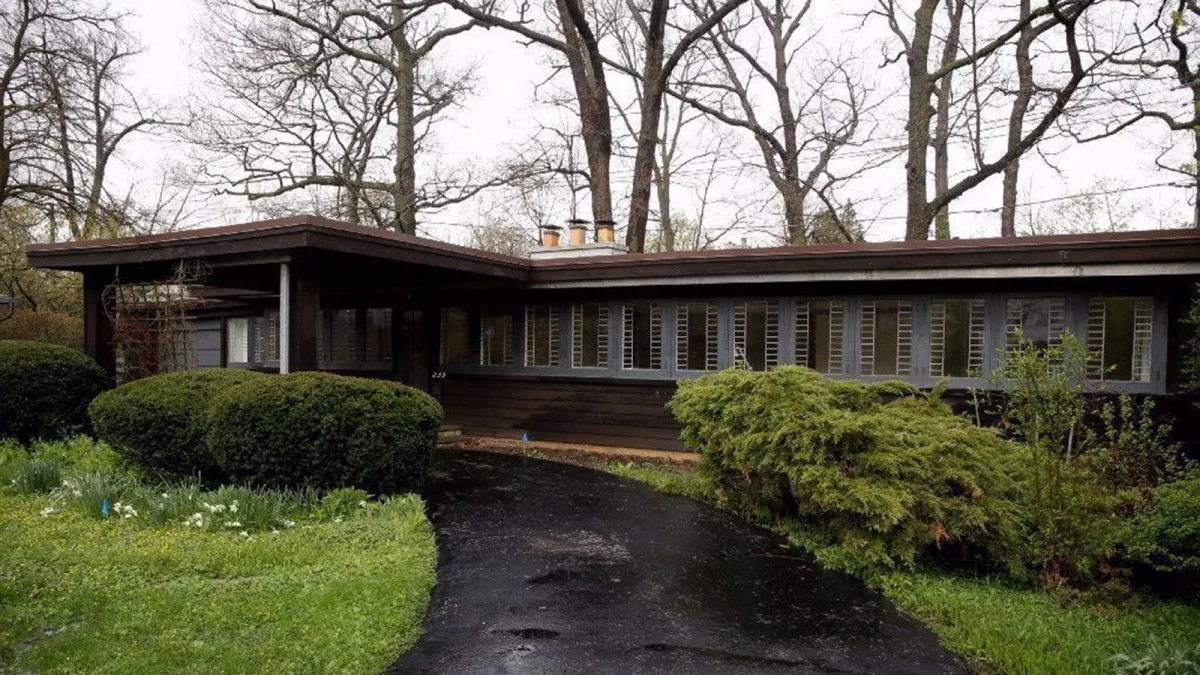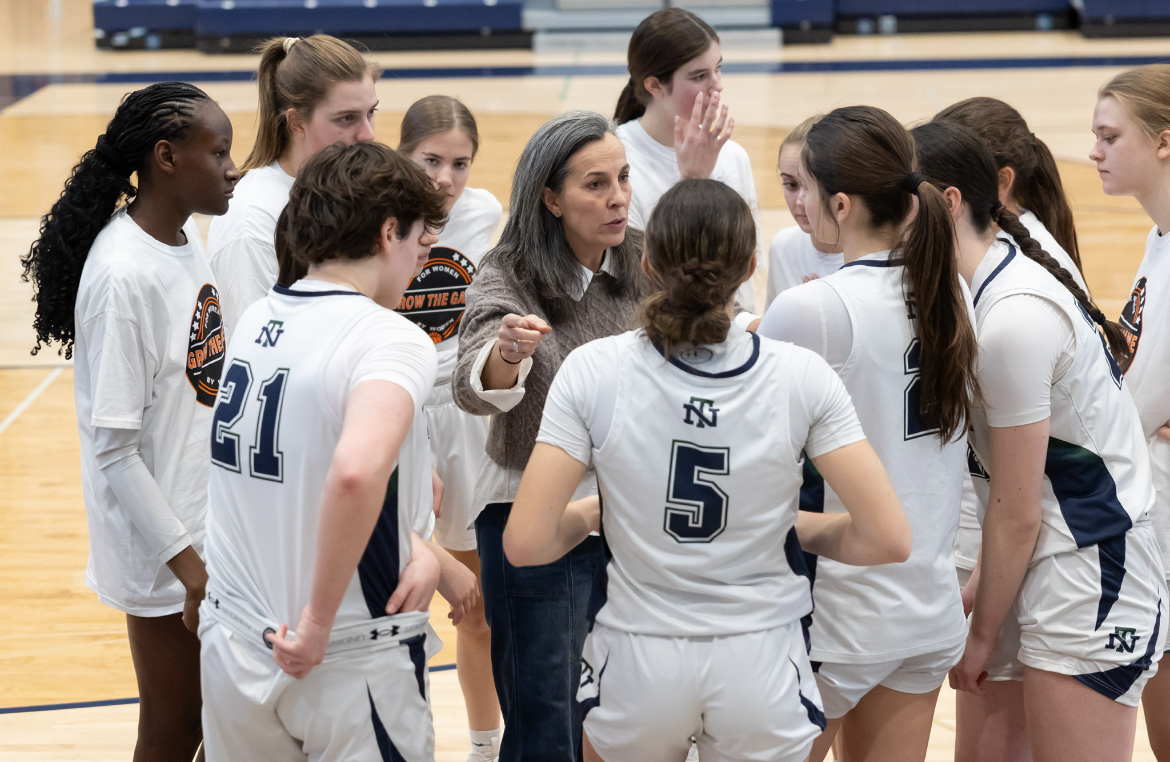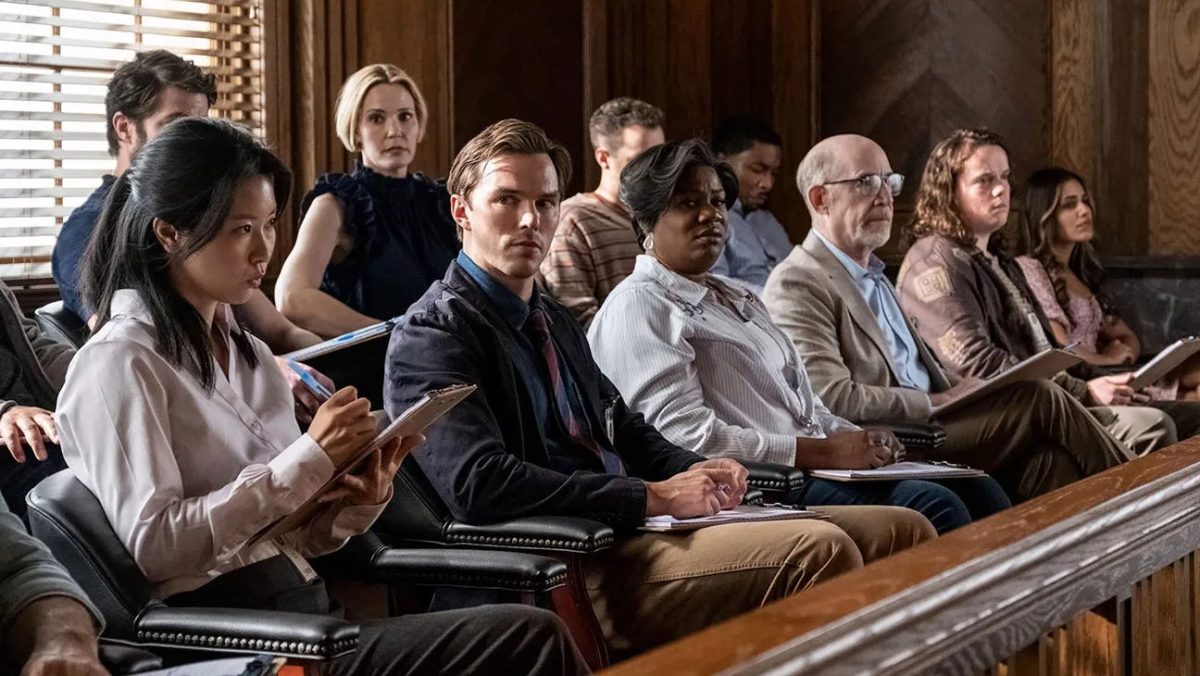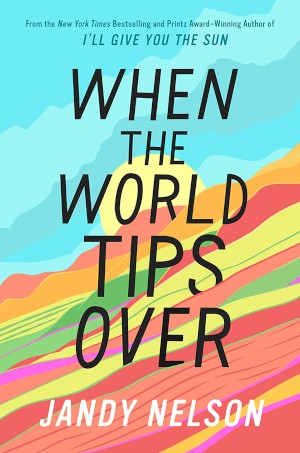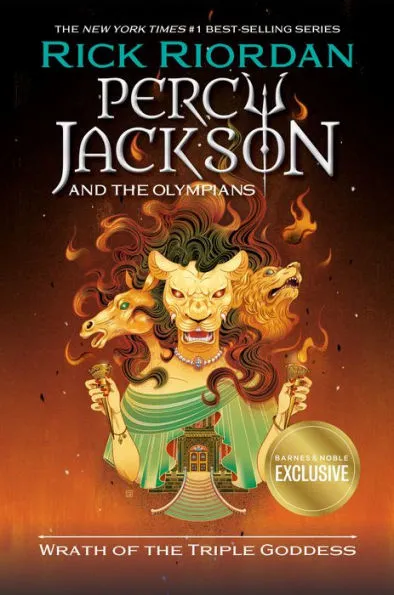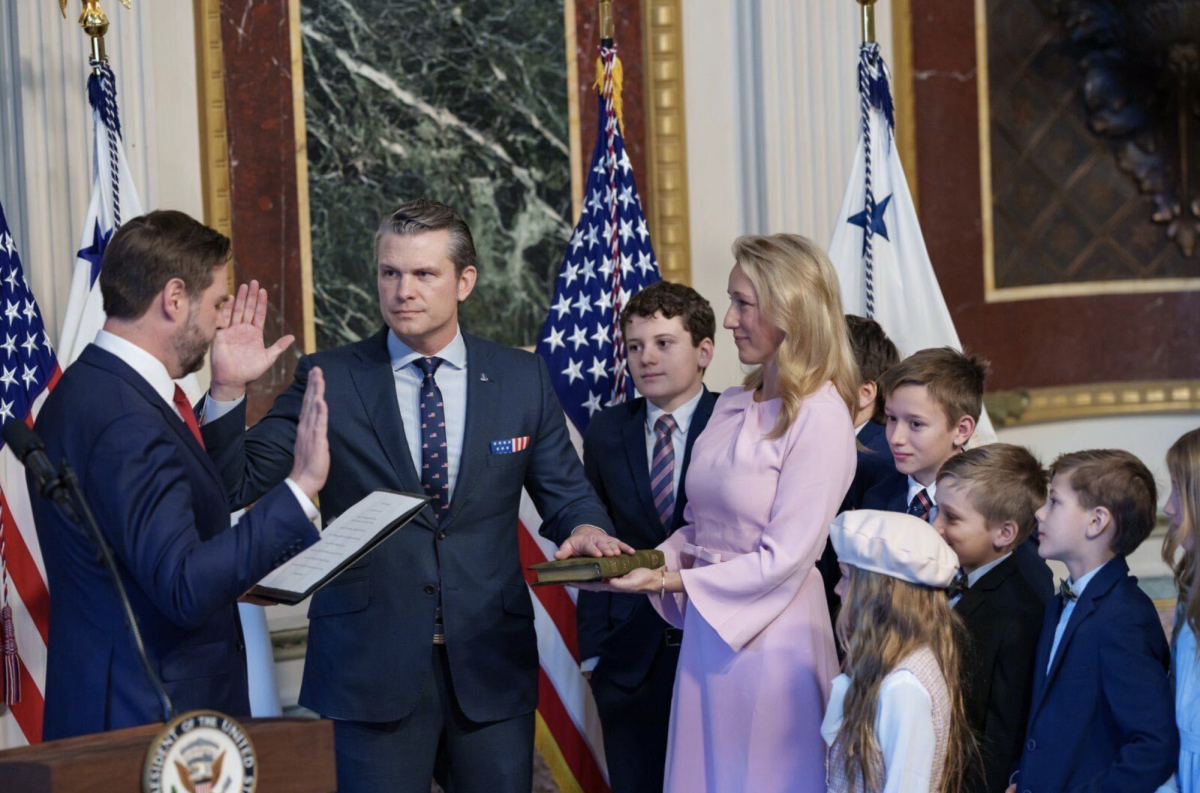Celebrities and influencers face stronger public backlash than the average person due to their high visibility and authority in the media. “Canceling” celebrities, cancel culture is defined as “the phenomenon or practice of publicly rejecting, boycotting, or ending support for particular people or groups because of their socially or morally unacceptable views or actions.” This often occurs on social media. Twitter, Instagram, and TikTok are popular platforms for the public to voice their concerns about any topic. If anyone with a big following is accused of harassment, racism, or a similar form of wrongdoing, there is immediate backlash from the public that can be ruthless and never ending.
As an example, in 2020, actress and singer Lea Michele was attacked over previous accusations of bullying and mistreating her fellow co-stars from the hit TV show “Glee.” There was an outbreak across social media, as former colleagues shared their experiences. It was not only these accusations, but going viral that really counted towards Michele’s downfall, making her unable to land stable commercial deals and parts in up and coming theatre performances and movies.
Today, with one tweet, one video, or one post, news can travel instantly. Celebrities, defended by publicists and others protecting them, are now coming face-to-face with accusations, with the entire world as a witness. What could have been an individual scandal explodes into a worldwide crisis in one day. Through this, canceled culture is keeping celebrities and public figures in check, showing society what they should not be doing.
Another recent example of celebrity cancelling is the case of “Empire” star Jussie Smollett. In 2019, Smollett lied about being the victim of a hate crime in Chicago, garnering outrage and interest from the national media. It was brought to the light that Smollett staged the investigation, drawing anger from the public. Not only did citizens not back up his actions, but they were angered at the resources that were taken by trying to solve a staged crime.
Celebrities are often treated as role models, and they end up facing much criticism when they are unable to keep a good image in the public eye. People make mistakes, and celebrities are not different. Celebrities still live and breathe just like us. But, it is hard to define whether canceling a person is aimed at accountability or a desire to “bring them down from their pedestal, demonstrating that they are humans just like all of us.”
These cancellations from society shunning these people show that cancel culture is a necessary tool to hold those with a high media presence accountable for their actions. In our current society where influential figures can affect millions of people, the demand for transparency and integrity have never been more important than it currently is. This is a good reminder that fame strongly comes with responsibility, no matter the scenario.
After carefully examining the actions of public figures leading to the public’s outcry to hurt their presence, I believe that celebrities should be held accountable for their actions. Cancel culture is a way to check those “higher up” than us, making sure they continue to be a beneficial and strong presence towards the rest of the world.

